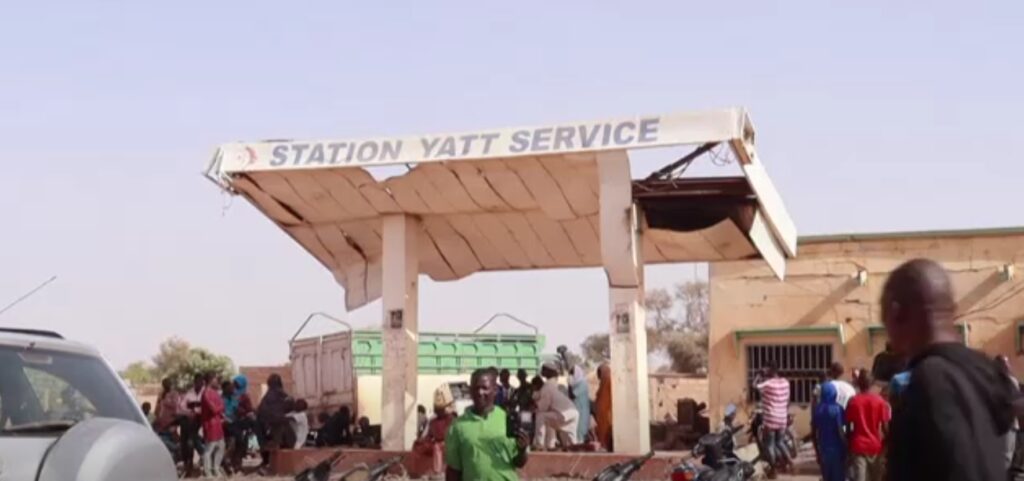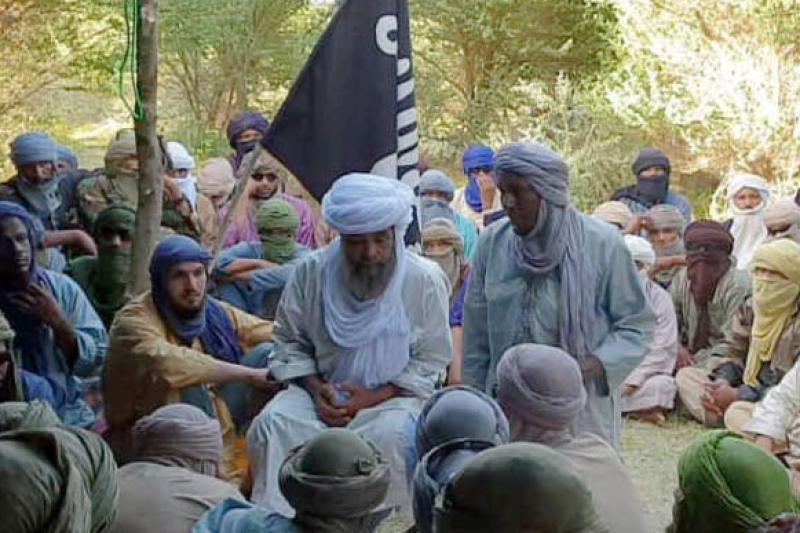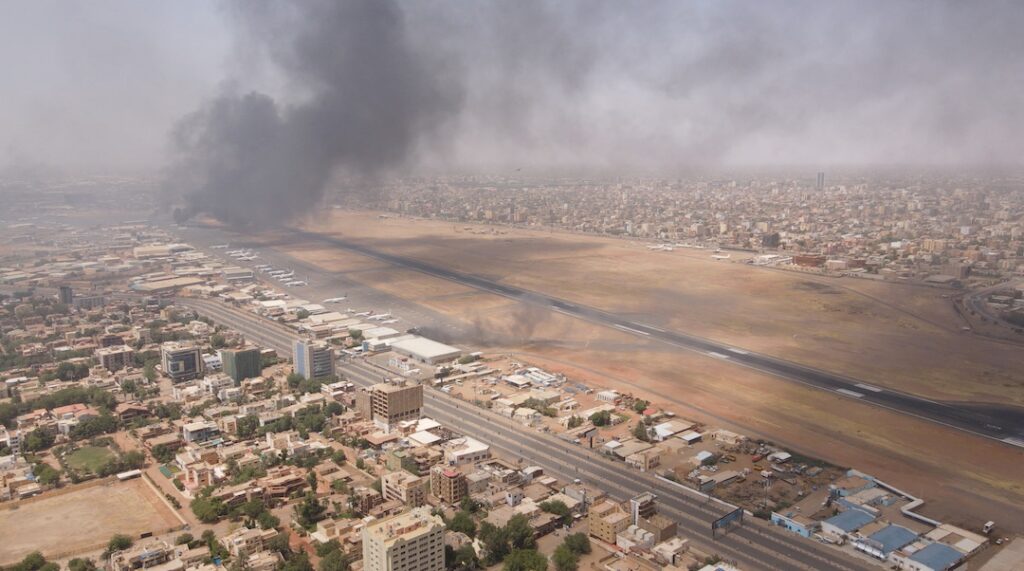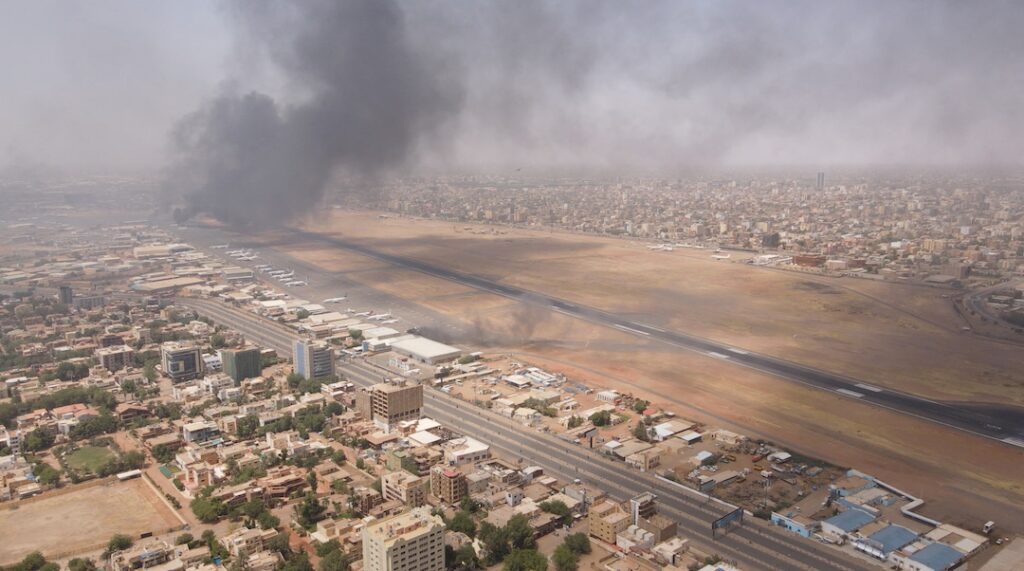Mali: l’armée interpelle des combattants de la Coordination des mouvements de l’Azawad près de Ménaka
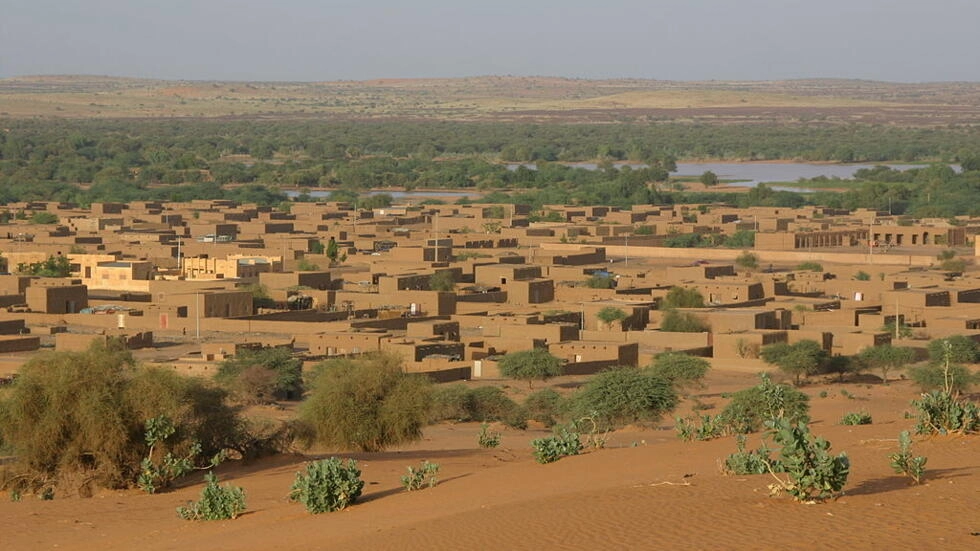
Une opération de l’armée a été menée près de Ménaka, dans le nord-est du Mali, une région passée sous la domination totale de la branche sahélienne du groupe État islamique. Dans un communiqué diffusé ce 24 avril 2023, les Forces armées (Fama) annoncent avoir mené la veille une « action majeure » dans le secteur de Tin-Fadimata, avec arrestations et matériel saisi à la clé. Mais la Coordination des mouvements de l’Azawad (CMA), mouvement signataire de l’accord de paix de 2015, indique que ce sont des combattants issus de ses rangs et non des terroristes qui ont été interpelés.

